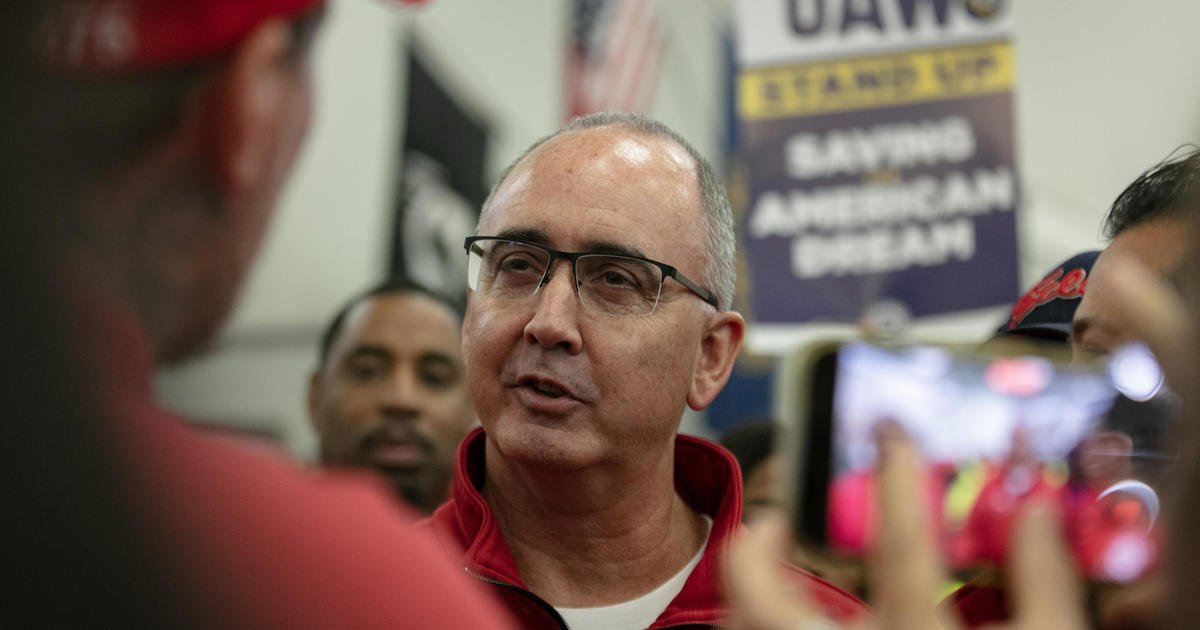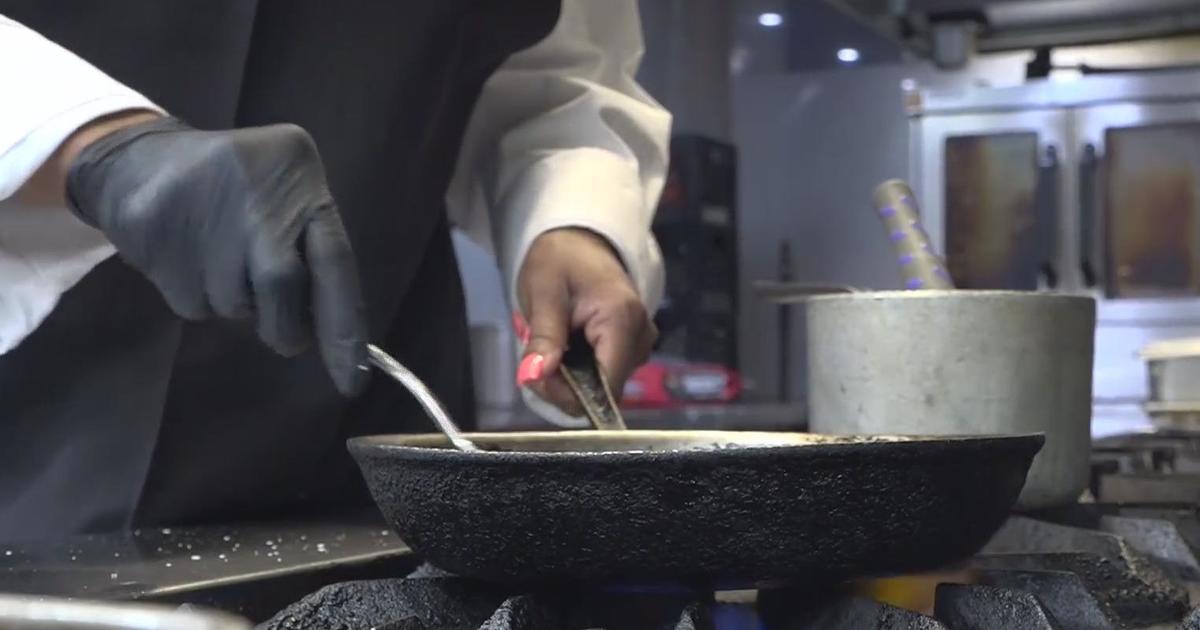Automakers Go Green, Sleek At Paris Auto Show
Sizzling, sleek designs for a carbon-conscious world headlined Thursday as global automakers rolled out their latest high-tech models at the Paris auto show, hoping for rebound in a struggling car market.
Hybrids and other fuel-efficient, lower-emission vehicles took front seat as CEOs and other top executives strolled out onto well-lit stages to trumpet their engineering innovations and strategies to tap hot markets like China.
Rebecca Lindland, an analyst at IHS Automotive, said the market looks optimistic after two ``terrible years'' since the last Paris show because of the global recession. Recovery is faster in some places than others, she said.
``The important thing is that manufacturers prepare because once that economy really starts clicking they've got to be able to offer consumers the best and the brightest of those vehicles,'' she told AP Television News.
The show focuses on the European market, but the continent's growth prospects are slim compared to burgeoning areas like Brazil and China, which has eclipsed the United States as the world's single-biggest car market.
Highly-touted innovations at the show including Renault SA's DeZir, a small, sporty concept car, and its Z.E. - for ``zero emissions'' - line, and the single-platform Ford Focus.
``I feel really good about where we are and where we are going and I'm so pleased that we chose to invest during the harshest of times,'' Ford's CEO Alan Mulally said.
Ford is making the Focus its world car, hoping to make some 2 million vehicles off the same platform by 2012 to reap economies of scale. Before, the U.S. giant had a strategy of one Focus platform for each major region.
Mulally said Ford has restructured, is operating profitably despite the lower demand and ``actually accelerated'' the development of its new vehicles ``so we are right here, right now for the consumers as we come back.''
But while the worst of the global recession is past, car makers are aware that their market has changed. Consumers remain cautious and environmental rules are more stringent - and the auto industry hopes hybrids and electrics will be a big part of the way forward.
Hundreds of thousands of visitors are expected at the two-week show, the oldest and one of the largest of its kind. It opens to the public Saturday, and the media were given a sneak preview Thursday.
Car makers have been flaunting technologies aimed at cutting or eliminating carbon dioxide emissions from their vehicles. But this time, more and more will be models headed for showrooms, not concept or idea cars.
``New energy technologies are a major theme of this show, and we are well positioned to take advantage of that,'' said Peugeot-Citroen CEO Philippe Varin.
In addition to the 3008 diesel hybrid, Peugeot is also to begin selling its iOn electric car. Other ready-to-roll green cars on show include Mitsubishi's i-MiEV and the Nissan Leaf.
China is also a focus for Peugeot, which will make one-third of its new 508 sedans in China, with targeted sales in its first year of 200,000, Varin said. The Chinese market soared 50 percent last year, he said.
Renault boss Carlos Ghosn said this show represents ``the year that electric vehicles become a reality.'' The French carmaker relies on alliance partner Nissan for access to China, and Ghosn didn't say when Renault might take the plunge.
But ``Renault intends to be present everywhere in the world,'' he said.
Global car production fell 17 percent over 2008 and 2009, dropping to 57 million vehicles last year. Scrapping schemes introduced after the crisis helped support European car makers and their suppliers, but now that they're being withdrawn growth is stalling in the region.
Car sales in Europe will drop to 17.7 million this year from 18.2 million in 2009, according to J.D. Power Automotive Forecasting, which expects sales to stagnate around that level next year as well.
Production will rebound to its pre-crisis level of 69 million vehicles this year, PricewaterhouseCooper's Autofacts consultancy predicts, but nearly all that growth will come from China and North America.
By 2020, electric vehicle production is likely to hit only 1.5 million units, Autofacts said, as the infrastructure to recharge the cars' batteries, as well as the batteries' costs and limits to their autonomy hold back wider adoption of the cars by consumers.
Hybrid technologies range from full hybrids, which alternate between gasoline and electric engines to achieve improved fuel economy, to so-called partial hybrids, or cars with such features as start-stop technology, which automatically shuts down and restarts an engine when stopped to reduce idling and reduce carbon emissions.
(Copyright 2010 by The Associated Press. All Rights Reserved.)



